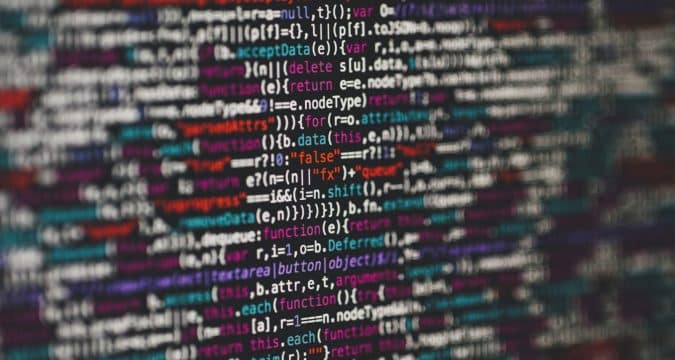
HONG KONG (UCAN): The communist government in China has tightened the gag on cyberspace with a new set of rules that make it a violation to talk about what the state construes as “negative content.”
The sweeping internet censorship rules, which took effect on March 1, make it illegal to speak about the arrests of priests, desecration of churches and demolition of crosses, which are frequent to keep the Church in check, Christian leaders said.
The government started implementing the rules three months after the Cyberspace Administration of China introduced them in December, explicitly aiming to control information exchange and online debates.
Li Dachuan (name changed), who handles a parish website in eastern China, said he was asked in early March to remove some community-based content that did not conform to the official version. The notice said the content works against national integration.
“These contents keep the website alive. Deleting them will render it less active and trustworthy,” Li said, adding that he plans to sort it out after discussions with the parish priest.

Vague rules
The government claims the new “online information content ecosystem” encourages positive content while curbing negative information. The new regulations, spread over eight chapters, deal with general provisions, content producers, content service platforms, content service users, industry organisations, supervision, legal liabilities and supplementary provisions.
However, the regulations, approved by the National Internet Information Office, are vague in identifying what constitutes “negative content.” Negative content includes “sensationalising headlines,” “excessive celebrity gossip” and “sexual innuendo.” In short, any material that can have a negative impact.
The new rules also encourage promoting ideological theory like the socialist thoughts of China’s president, Xi Jinping, in an “accurate and vivid way.” They also urge users to promote the “unity and stability” of China while underlining the country’s economic prowess.
Content producers are asked to desist from producing, copying or publishing information on “the country’s religious policies, and from promoting cults and superstitions.” If an online platform violates the rules, it will be warned, restricted or suspended and the content producer will face legal action.
Communist Party mouthpiece, the People’s Daily, hailed the regulations as a “good start for Chinese Internet management” and to “eradicate the weeds from cyberspace.”
The effect on Christians
Church people like Zhang Baolu, who handles a diocesan website in China, said the vagueness about negative content makes it difficult to report violence against Christians.
Baolu said the authorities had asked him to remove some content in December when the regulations were first released.
“Earlier, it was possible to express support and appeal for the priests detained by the authorities. Now, that would not be the case anymore,” he said.
He believed that the State Adminstration for Religious Affairs will expand its influence with the new norms.
“I am afraid that community news will become less on religious digital media platforms and eventually they will disappear,” Baolu warned.
Father Yang, who looks after a parish website in the northern province of Hebei, said the new rules violated the right to freedom of speech.
“This is no longer the management of religion but total control,” the priest said, adding that the rules will have a far-reaching impact on churches in China.










